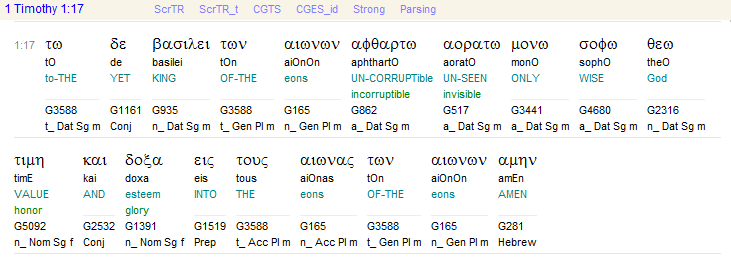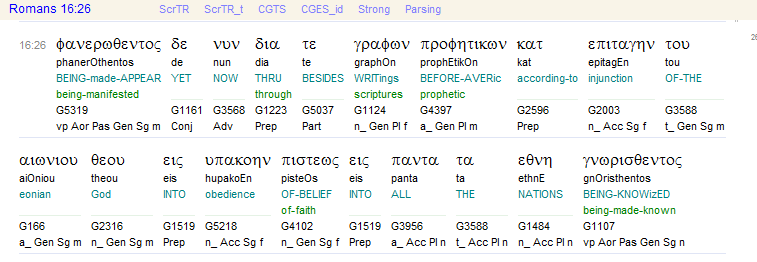Jesus: The Good Shepherd , do you listen to his voice?
In many verses of the bible, Jesus is portrayed as the Good Shepherd, a tender and loving caretaker who watches over His flock with unwavering devotion. This profound metaphor not only illustrates His deep care and sacrifice but also invites us to reflect on our own place in this divine relationship.
In the biblical context, the sheep represent the believers — those who follow Jesus and seek His guidance. Sheep are known for their dependence on their shepherd, needing constant care, protection, and direction. Similarly, believers are depicted as needing the loving oversight and guidance of Jesus.
Jesus Himself reveals His role as the Good Shepherd in John 10:11 (NKJV), saying, "I am the good shepherd. The good shepherd gives His life for the sheep." This declaration underscores the extent of His commitment to His followers, showing His readiness to sacrifice everything for their well-being. He continues in John 10:14 (NKJV), "I am the good shepherd; and I know My sheep, and am known by My own," illustrating the personal and intimate relationship He has with each believer.
The Good Shepherd knows His sheep individually. As John 10:27 (NKJV) states, "My sheep hear My voice, and I know them, and they follow Me." In this verse Jesus not only leads but also listens to and recognizes each one of His followers, guiding them with wisdom and care.
The relationship between Jesus and His followers is one of profound security. John 10:28 (NKJV) assures us, "And I give them eternal life, and they shall never perish; neither shall anyone snatch them out of My hand." This promise of eternal life and unbreakable protection highlights the depth of His care and commitment.
Jesus’ compassion is vividly illustrated in Matthew 9:36 (NKJV) and Mark 6:34 (NKJV), where He sees the multitudes as "sheep having no shepherd" and is moved with compassion. This imagery reflects His concern for those who lack spiritual guidance and His mission to bring them into His fold.
In Luke 15:4-7 (NKJV), Jesus compares Himself to a shepherd who leaves ninety-nine sheep to find one that is lost. The joy of finding the lost sheep represents the immense value He places on each individual. This parable reveals the boundless love and joy that Jesus experiences when even one person turns back to Him.
In a profound moment after His resurrection, Jesus specifically entrusts Peter with the care of His flock. In John 21:15-17 (NKJV), Jesus asks Peter three times, "Do you love Me?" Each time Peter affirms his love, Jesus responds, "Feed My lambs," "Tend My sheep," and "Feed My sheep." This commission highlights the responsibility of shepherding the believers, emphasizing the importance of nurturing and guiding them in their faith.
Finally, Revelation 7:17 (NKJV) envisions a future where "the Lamb who is in the midst of the throne will shepherd them and lead them to living fountains of waters." This verse promises that Jesus, the Lamb of God, will continue to shepherd and care for His people eternally.
Are You His Sheep?
Are you following His guidance and trusting in His care? Embrace the reassurance and security that comes from hearing His voice and following him, knowing that the Good Shepherd is always watching over you with boundless love and protection.
The LORD is my shepherd; I shall not want. He makes me lie down in green pastures; He leads me beside the still waters. He restores my soul; He leads me in the paths of righteousness for His name’s sake. Even though I walk through the valley of the shadow of death, I will fear no evil; for You are with me; Your rod and Your staff, they comfort me. You prepare a table before me in the presence of my enemies; You anoint my head with oil; my cup runs over. Surely goodness and mercy shall follow me all the days of my life, and I will dwell in the house of the LORD forever.
Blessings.
In many verses of the bible, Jesus is portrayed as the Good Shepherd, a tender and loving caretaker who watches over His flock with unwavering devotion. This profound metaphor not only illustrates His deep care and sacrifice but also invites us to reflect on our own place in this divine relationship.
In the biblical context, the sheep represent the believers — those who follow Jesus and seek His guidance. Sheep are known for their dependence on their shepherd, needing constant care, protection, and direction. Similarly, believers are depicted as needing the loving oversight and guidance of Jesus.
Jesus Himself reveals His role as the Good Shepherd in John 10:11 (NKJV), saying, "I am the good shepherd. The good shepherd gives His life for the sheep." This declaration underscores the extent of His commitment to His followers, showing His readiness to sacrifice everything for their well-being. He continues in John 10:14 (NKJV), "I am the good shepherd; and I know My sheep, and am known by My own," illustrating the personal and intimate relationship He has with each believer.
The Good Shepherd knows His sheep individually. As John 10:27 (NKJV) states, "My sheep hear My voice, and I know them, and they follow Me." In this verse Jesus not only leads but also listens to and recognizes each one of His followers, guiding them with wisdom and care.
The relationship between Jesus and His followers is one of profound security. John 10:28 (NKJV) assures us, "And I give them eternal life, and they shall never perish; neither shall anyone snatch them out of My hand." This promise of eternal life and unbreakable protection highlights the depth of His care and commitment.
Jesus’ compassion is vividly illustrated in Matthew 9:36 (NKJV) and Mark 6:34 (NKJV), where He sees the multitudes as "sheep having no shepherd" and is moved with compassion. This imagery reflects His concern for those who lack spiritual guidance and His mission to bring them into His fold.
In Luke 15:4-7 (NKJV), Jesus compares Himself to a shepherd who leaves ninety-nine sheep to find one that is lost. The joy of finding the lost sheep represents the immense value He places on each individual. This parable reveals the boundless love and joy that Jesus experiences when even one person turns back to Him.
In a profound moment after His resurrection, Jesus specifically entrusts Peter with the care of His flock. In John 21:15-17 (NKJV), Jesus asks Peter three times, "Do you love Me?" Each time Peter affirms his love, Jesus responds, "Feed My lambs," "Tend My sheep," and "Feed My sheep." This commission highlights the responsibility of shepherding the believers, emphasizing the importance of nurturing and guiding them in their faith.
Finally, Revelation 7:17 (NKJV) envisions a future where "the Lamb who is in the midst of the throne will shepherd them and lead them to living fountains of waters." This verse promises that Jesus, the Lamb of God, will continue to shepherd and care for His people eternally.
Are You His Sheep?
Are you following His guidance and trusting in His care? Embrace the reassurance and security that comes from hearing His voice and following him, knowing that the Good Shepherd is always watching over you with boundless love and protection.
____________________________________________________
The Lord Is My Shepherd A psalm from David (PSALM 23)
The Lord Is My Shepherd A psalm from David (PSALM 23)
The LORD is my shepherd; I shall not want. He makes me lie down in green pastures; He leads me beside the still waters. He restores my soul; He leads me in the paths of righteousness for His name’s sake. Even though I walk through the valley of the shadow of death, I will fear no evil; for You are with me; Your rod and Your staff, they comfort me. You prepare a table before me in the presence of my enemies; You anoint my head with oil; my cup runs over. Surely goodness and mercy shall follow me all the days of my life, and I will dwell in the house of the LORD forever.
Blessings.



